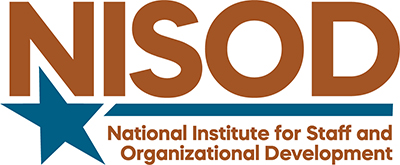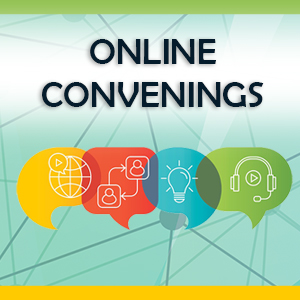- Duration:
- 4 Hours 54 Minutes
- Format:
- Audio and Video
- Original Program Date:
-
Oct 28, 2020
- Price:
-
$175.00
Registration (Non-Member) is $175.00
price reduced from Base Price - $175.00
- Duration:
- 4 Hours 43 Minutes
- Format:
- Audio and Video
- Original Program Date:
-
Oct 28, 2020
- Price:
-
$175.00
Registration (Non-Member) is $175.00
price reduced from Base Price - $175.00
- Faculty:
-
Dr. Ashley Strong-Green
- Duration:
- 1 hour
- Format:
- Audio and Video
- Original Program Date:
-
Oct 03, 2022
- Price:
-
$49.00
- Base Price
- Faculty:
-
Deborah Bowles |
Michael Smith
- Duration:
- 1 hour
- Format:
- Audio and Video
- Original Program Date:
-
Oct 10, 2022
- Price:
-
$49.00
- Base Price
- Faculty:
-
Daiju Hoshino
- Duration:
- 1 hour
- Format:
- Audio and Video
- Original Program Date:
-
Nov 07, 2022
- Price:
-
$49.00
- Base Price
- Faculty:
-
Laura Elaine Payne
- Duration:
- 1 hour
- Format:
- Audio and Video
- Original Program Date:
-
Nov 17, 2022
- Price:
-
$49.00
- Base Price


